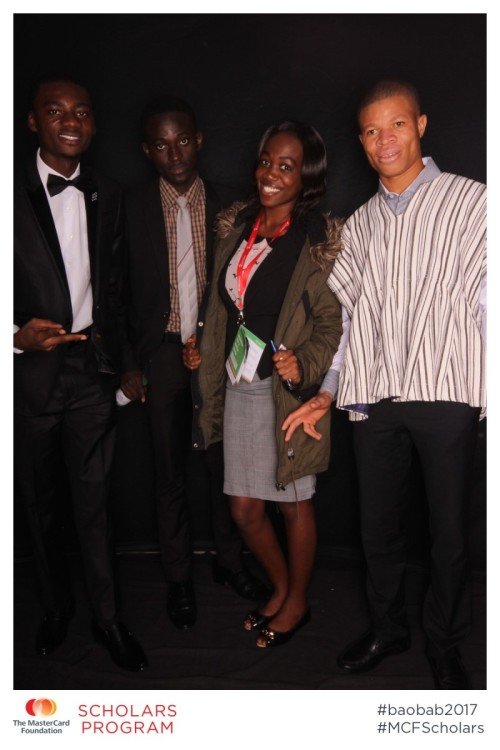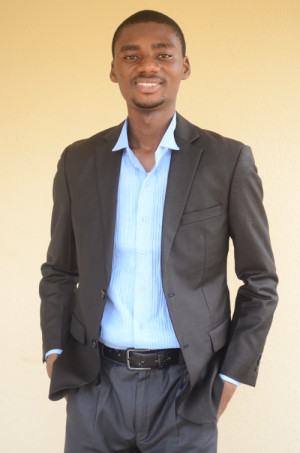
Scholar Journey: Unlearning the ‘Tenets of Male Dominance’ to Recognizing Women’s Leadership
International Women's Day 2018
International Women’s Day 2018
In celebration of International Women’s Day and the African Women’s Leadership Conference at Wellesley College, Scholars explain how gender has shaped their leadership journeys. Joel Ansah studies Sociology. He is a Scholar in the Program at Kwame Nkrumah University of Science and Technology (KNUST).
Growing up in a predominantly patriarchal community in the southern part of Ghana, the tenets of male dominance were ingrained in me throughout my childhood and teenage years.
The notion that the woman is weak and has her destiny tied to the quality of meal she prepares, as opposed to the symbol of strength, wisdom, and courage ascribed to the man, was the predominant gender-related perspective into which I was socialized. This sharp contrast of ascribed qualities, which to a certain extent were visible in my community, gave me the joy of being a male born and the supposed superior gender.
I can vividly recall how the mother was just an instruction taker — and fathers called all the shots, made all decisions, and believed he could single-handedly carry the family on his shoulders. The ingenuity, dexterity, management capabilities, insight and perseverance of mothers were bluntly overlooked and their qualities confined.
This relationship structure was a widespread belief and practice throughout the whole country and the African continent at large. This relationship structure is also not limited to only African families — it exists in the leadership and governance of our institutions, corporations, government agencies and countries. All the qualities inherent in the woman that could be harnessed and positively channeled to the development of the continent are disregarded. The dynamism and perseverance of the woman has eluded the leadership of most African countries for so long.
Finally shirking the “male is superior” ideology, I have seen that women have much more to offer to the world than we imagined. I began to see that women are very versatile, and when given the chance, can fit into different leadership roles. I began to see that women can open doors that most see closed. And realizing this, I have tried over the years to create the room for female involvement and participation, especially in leadership and in projects that I’m a part of. Recruiting women in my team for projects and competitions is now a priority.
Now, I am an ardent advocate for female involvement in students’ leadership affairs in my faculty as I helped female students ascend the Office of President in their departments. Currently working with a female president in my department, I feel most institutions and countries have lost countless opportunities to excel by sidelining the tenacity, foresight, and ingenuity of women in leadership.
The place of women is larger than the world can contain, and so are their abilities. Women should not be left at the periphery of development, for she is an agent of change for our development and a catalyst for ideas, power, and strength.

Joel Ansah, Mastercard Foundation Scholar at Kwame Nkrumah University of Science and Technology (KNUST).
Joel’s story is part of a series for International Women’s Day that is highlighting stories from Mastercard Foundation Scholars about how gender has shaped their leadership journeys. Continue reading more posts in the series here.


